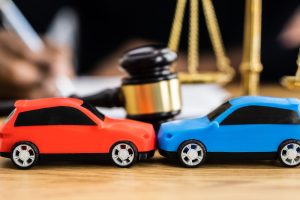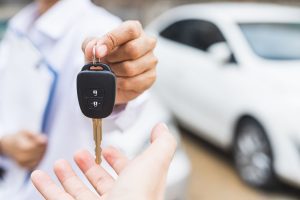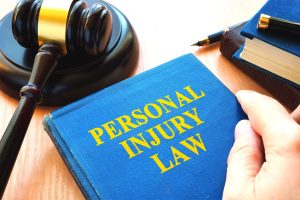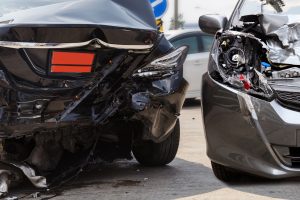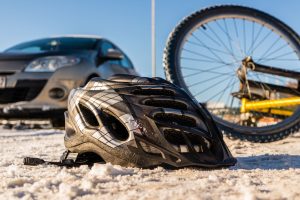The legal process is vexing for most people. A Fort Lauderdale personal injury lawsuit is no different – especially because you’re navigating it all after just emerging from a traumatic incident such as a car accident, medical malpractice, or hazardous conditions/violence on someone else’s property.
Most people aren’t experts on insurance coverage, liability, and the rules of litigation. And hopefully, this is the only time you’ll ever have to go through it. But knowing the steps of how the Florida personal injury claims process works can help ease some anxiety about what to expect. Your personal injury lawyer – who is not paid upfront, or at all unless you win – can break it down even more clearly based on the facts of your case.
If you’re asking, “What are the steps of a Florida personal injury lawsuit?” We have answers.
“It Depends”
Everyone hates this lawyerly answer.
But we must start with it as a caveat because the steps of your Fort Lauderdale personal injury lawsuit depend on a few factors. A Broward medical malpractice injury lawsuit is going to be much more involved and have many more steps compared to a Broward car accident lawsuit.
What we can say is that regardless of the type of injury claim you’re filing, it can be settled at any time (as opposed to going to court). In some cases, it’s not even necessary to file a lawsuit to get a fair settlement. Defendants that recognize their wrongdoing right out of the gate may be eager to put it behind them. And insurers also have a duty to act in good faith, meaning there is some incentive to settle solid claims quickly and fairly. Working with a skilled personal injury lawyer is the best way to facilitate a fast and fair Florida personal injury settlement.
Basic Steps of a Florida Injury Lawsuit
While the steps may vary slightly depending on the specifics of your case, claimants in Fort Lauderdale personal injury lawsuits can generally expect the following:
- Investigation
- Pre-suit demand and settlement negotiation
- Filing the lawsuit
- Discovery
- Trial
- Appeal/post-trial motions
Settlements, which is how 95% of injury claims are resolved, are often ideal because they minimize litigation (lawsuit) costs. Again, a claim can be settled at any point. We could be in the middle of trial, and the claim could be settled.
The key is to ensure the claim is reasonable. Accept a low-ball offer, and you’ll be stuck with it – even if your actual losses end up being much higher. Reject a fair offer, and you could end up reducing your payout if the verdict at trial ends up being within 25% of that offer. A Fort Lauderdale personal injury lawyer can help you figure out what’s fair and what isn’t. Continue reading
 Broward Injury Lawyer Blog
Broward Injury Lawyer Blog




